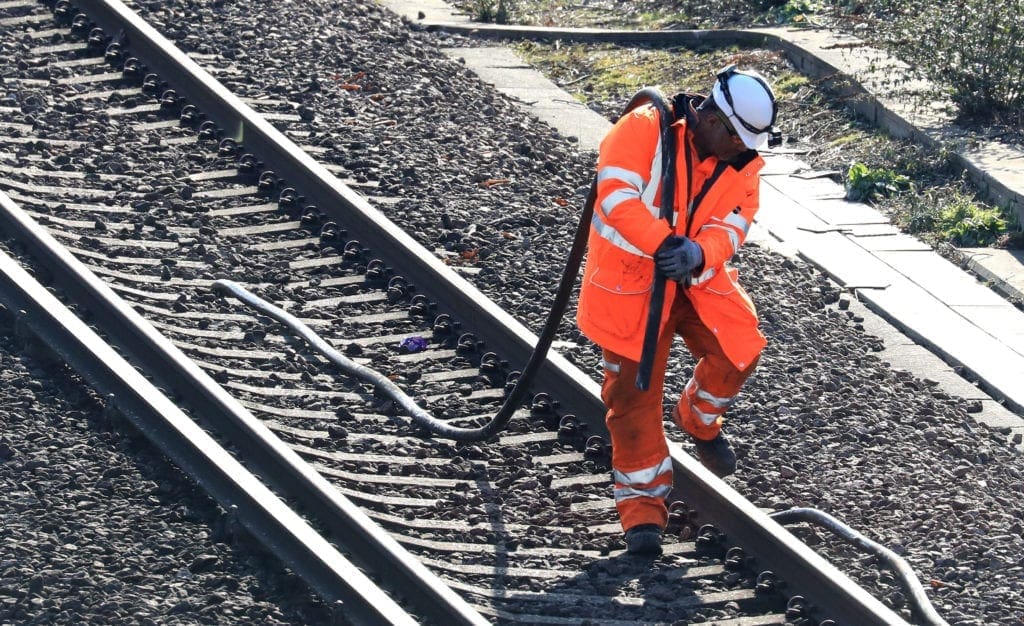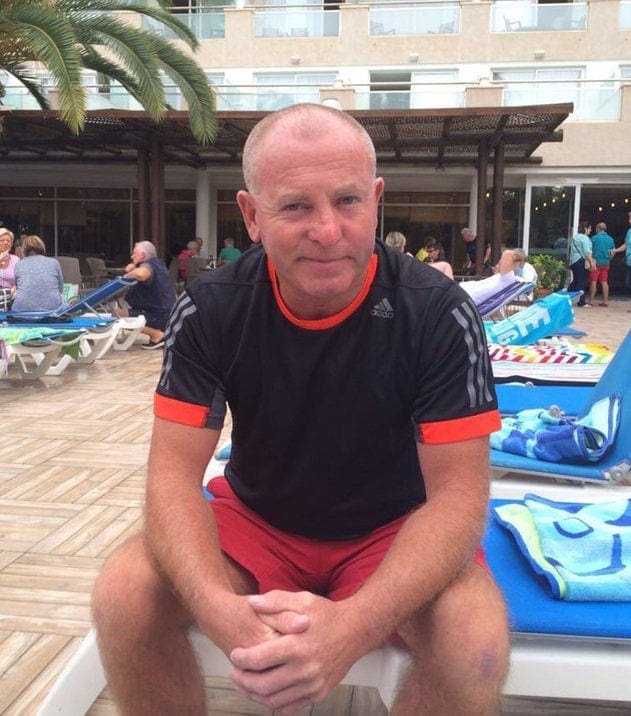
Network Rail launch a £70m task force to improve the safety of track workers, a week after two railway workers were killed after being struck by a train in Port Talbot.
The Government-owned company said the £70 million scheme would boost the development of systems which supported the well-being of workers.
This would include systems which issued warnings of approaching trains, ensured high quality briefings were given before work began and better managed the health and fitness of the workforce.
Police believe two track workers were wearing ear defenders and could not hear a train approaching when they were struck and killed near Port Talbot in South Wales on July 3.

Michael Lewis, 58, died alongside colleague Gareth Delbridge, 64.
Network Rail chief executive Andrew Haines said: “I don’t want to see another track worker death, which is why we are today creating a new team backed by a hefty budget to drive change and make working on the railway safer for our people. I can’t think of a more important task.”
The task force would be a partnership of industry organisations including rail regulator the Office of Rail and Road (ORR), trade unions and contractors.
It would be led by the firm’s group safety, technical and engineering director, Martin Frobisher. The ORR issued Network Rail with two improvement notices on Monday due to concern about track worker safety. A spokesman stressed this was not a result of last week’s deaths.
Mr Frobisher said: “We will make it safer to work on or near the railway than it is today.
“Everyone should expect to get home safe, every day, and while our track record has been good and improving, there are still too many close calls and that will be addressed.
“I can’t think of a more important task.”
Andrew Haines, Chief Executive Network Rail
“We have been working with the ORR and our trade unions for many months to help us make working on the railway safer. Like our regulator, we want to see speedier progress.
“The tragic deaths in Wales last week are a stark reminder to us all that more needs to be done.
“We will rise to that challenge as losing more of our railway family is not something we can tolerate.”


